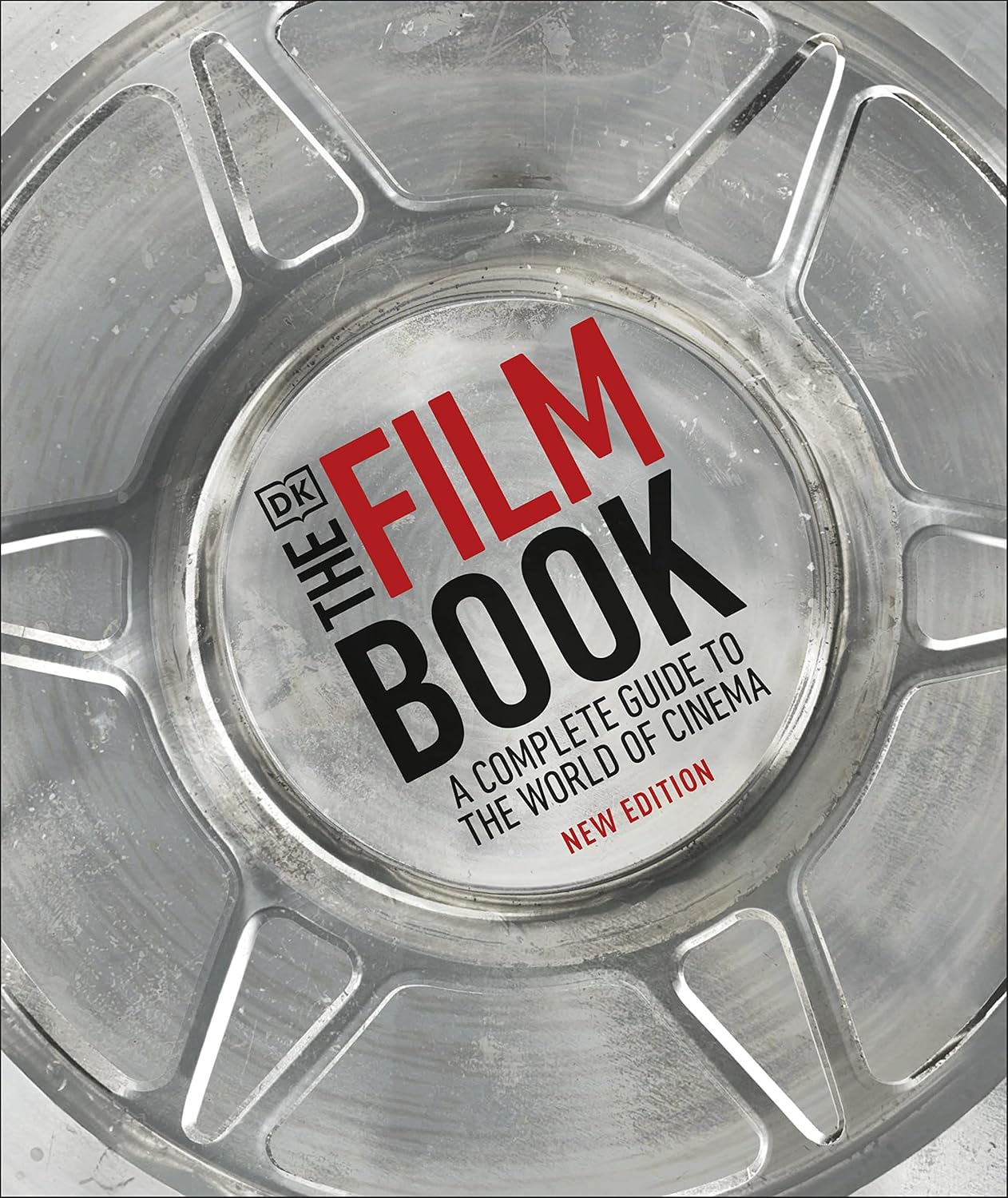About this deal
The best novel of recent years is Theodore Roszak’s astonishing Flicker (1991), while the finest on British cinema is Christopher Isherwood’s Prater Violet (1945), but greatest of all is Fitzgerald’s The Last Tycoon, left unfinished at his death in 1940 and superbly edited by his friend Edmund Wilson. Thomson was a historian writing like a novelist and so it was logical that he would eventually weave fiction with history in the serpentine Suspects, from which one can learn more about the iconography of film noir than from many worthy textbooks. Also, in French: Nul mieux que Godard, an anthology published by Cahiers du cinéma on Godard and edited by Bergala. Emerging from Filmkritik magazine in the late 1950s, this lively pair shaped much future German-language film culture to come with their analyses, programming, teaching and restoration work.
For US critics of a certain age this is the most obvious choice, but there is no overestimating the impact its English-language exploration of auteur theory had on serious filmgoers and critics. If you don't know what that means, there's only one way to find out: Queue up the classic thriller for movie night. Instead, the movie turned out to be a disaster, from the very beginning all the way up until its release, where it was torn apart by critics. We consider these approaches preferable to the common and-then-and-then histories, as these are usually too industry-development-keyed – i.Each page of this film book takes you on a journey through the ever-changing landscape of cinema - from Hollywood to Bollywood and everything in between. Perhaps the best part of the crime thriller is Blake Lively and Anna Kendrick's odd yet enthralling dynamic.
This may be a poor translation of Bazin, inadequately edited, but it was my generation’s first contact with cinema’s greatest post-war critic-philosopher and the godfather of the French New Wave. The nearest we have to a British national filmography was created not by any institute or university but by one man. Frank Baum's children's fantasy novel through its innovative use of Technicolor, memorable performances, and a beloved score that includes “Over the Rainbow. But I forgot that I’d read it (as an undergraduate, when I was first thinking of making films) until many years later, when I first started teaching film and rediscovered it. This ultimate movie guide profiles more than 100 of the most significant films ever made and brings cinema to life in true blockbuster fashion.
Like most people in the unique position of foreknowledge of what others have said, I have avoided the choices that now seem obvious in this survey. A perfect example of the critical biography: informed, never complacent, analytical and with a superb knowledge of the industry background.
This might appeal more to the pop film fan rather than the film scholar or film school graduate, but considering how fun, zany, and expansive it is, this book is entertaining for any modern movie lover who also appreciates great illustration!Profiling more than 100 of the most significant films ever made, and the world's most influential directors, The Film Book will take you on a journey through the changing landscape of cinema. Ever the disappointed idealist, Agee offered grudging praise to such compromised efforts as Meet Me in St.
Affordable, deeply serious, clearly written, it gave us our first filmographies, 15 frame blow-ups from Battleship Potemkin and a cinematic canon that we eagerly accepted and then rebelled against.I had the photo of Francis Ford Coppola pointing a revolver at his head up on my office wall the whole time I was writing Corpsing. Two exemplary ways of making sense of a national film culture: the first is an encyclopedia that invites the seeker to find his or her own way through a labyrinth of myriad relationships; the second offers creative criss-cross readings of topoi and obsessions through various decades, genres and political systems. Bresson’s slender collection of jottings and aphorisms (“The ejaculatory force of the eye”; “The terrible habit of theatre”; “Don’t run after poetry: it penetrates unaided through the joins”) is a witty example of the virtues of brevity. Platonic mistrust of mere appearances goes into late-1960s overdrive here, but Debord’s analysis remains astonishingly prescient given that the spectacle – described as “the other side of money” – is now the element we live in.
 Great Deal
Great Deal 